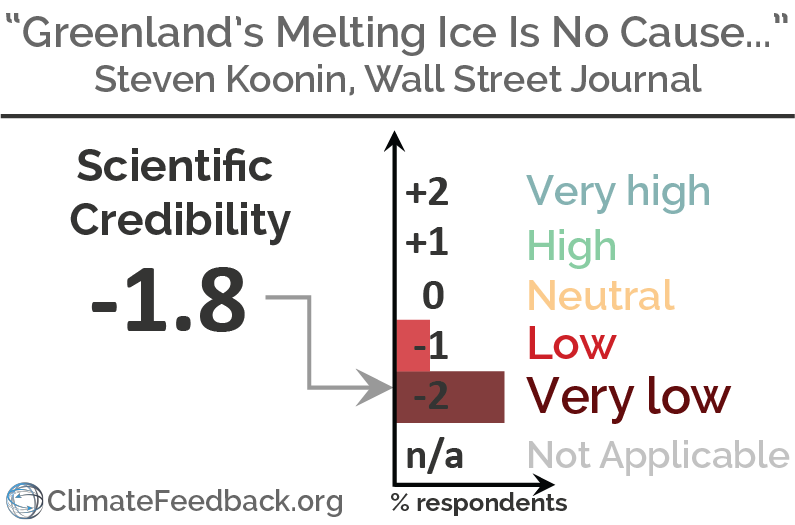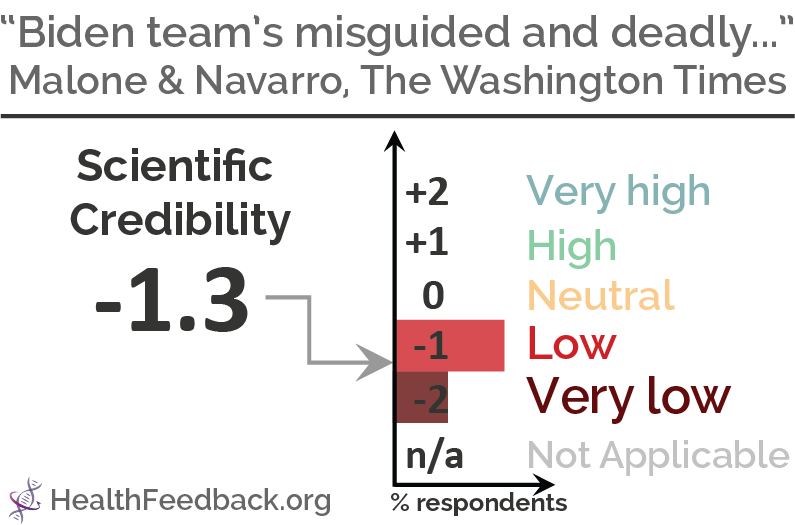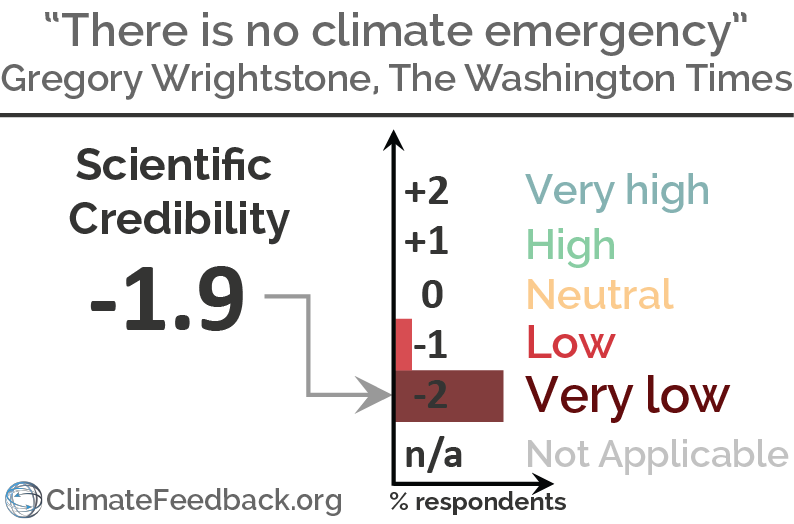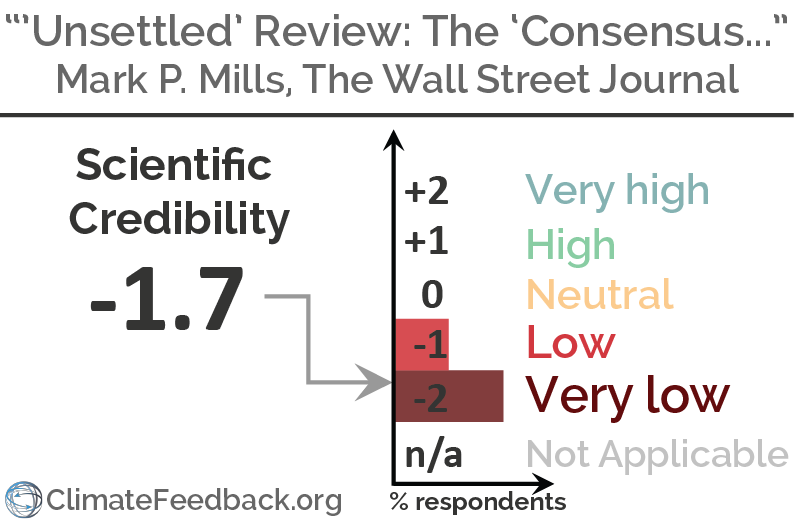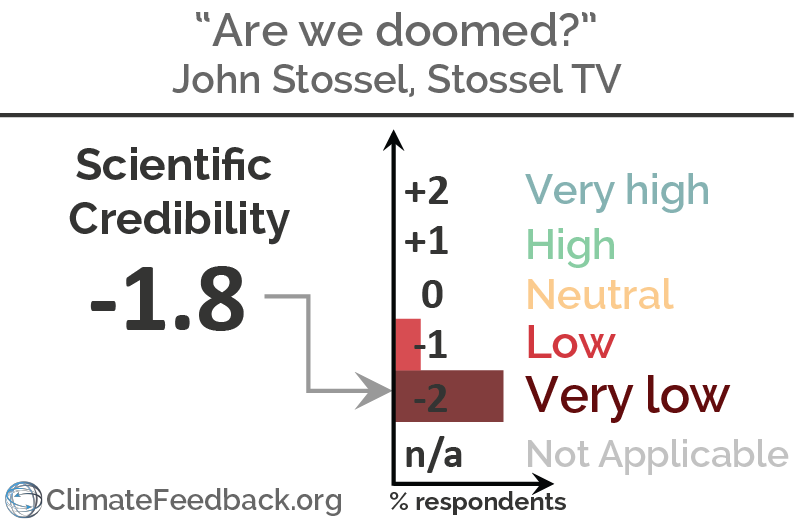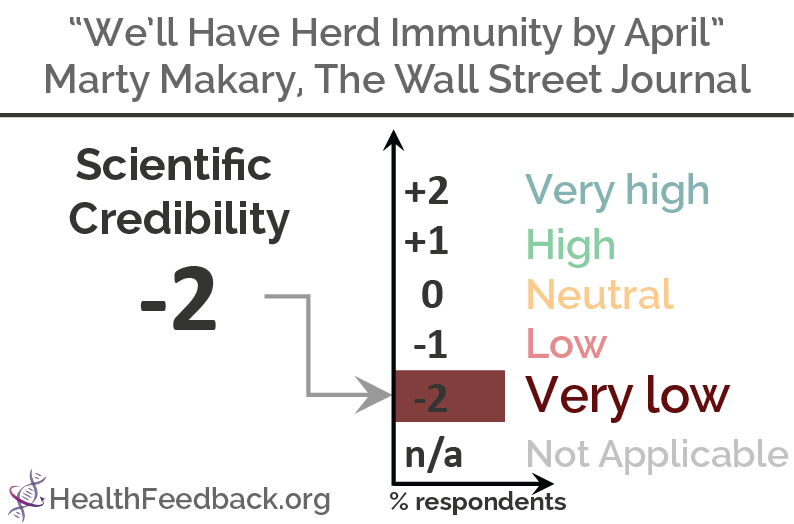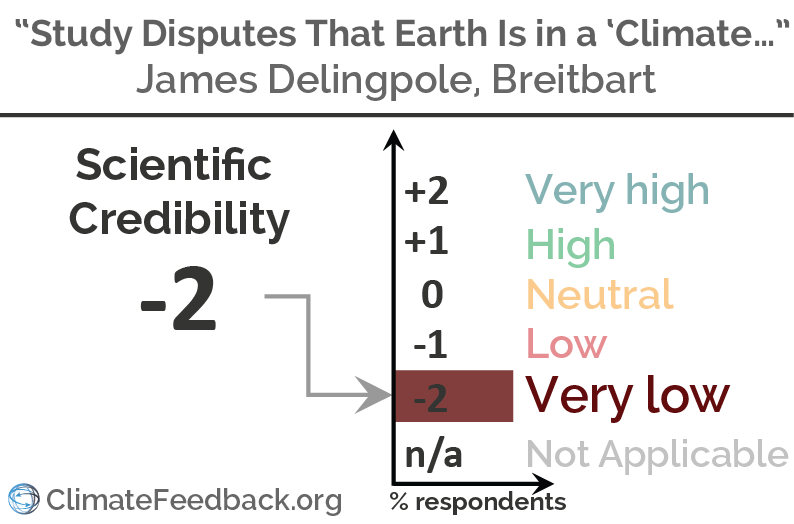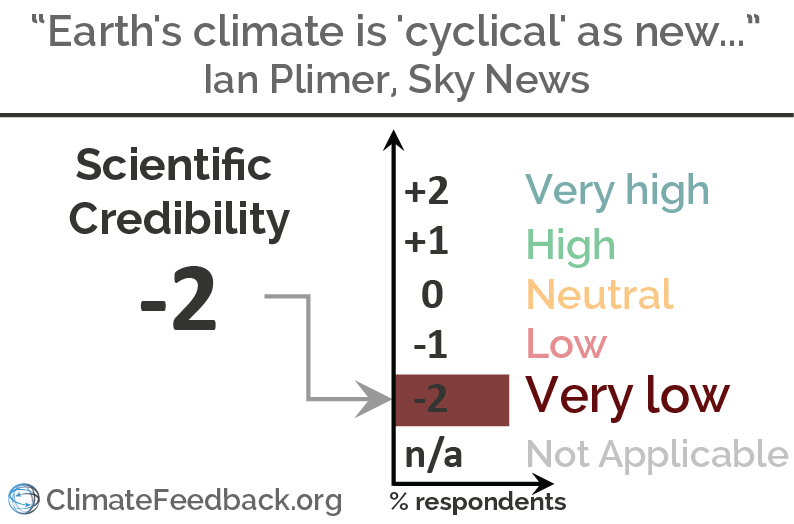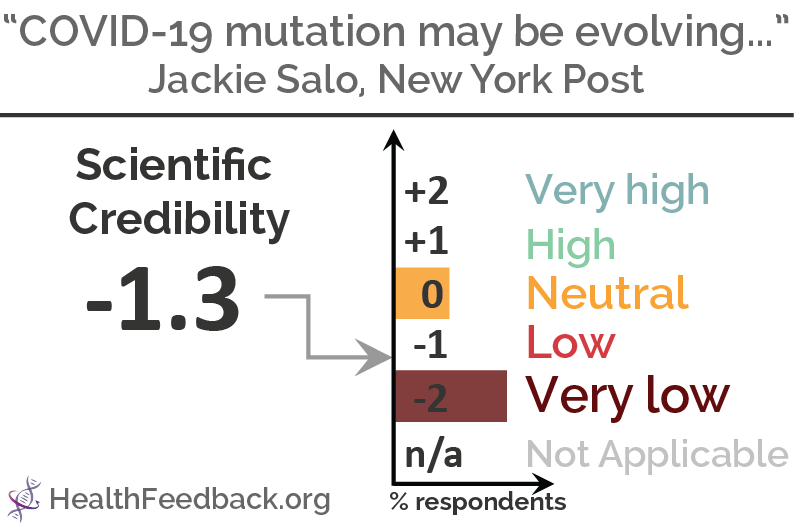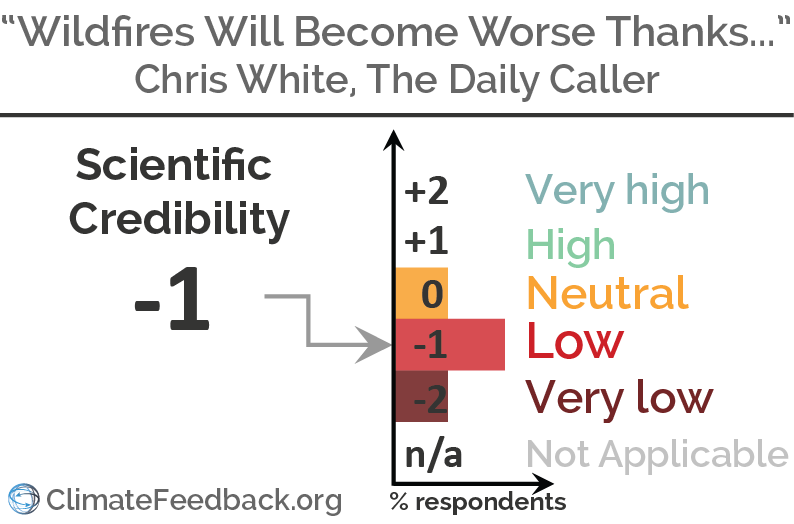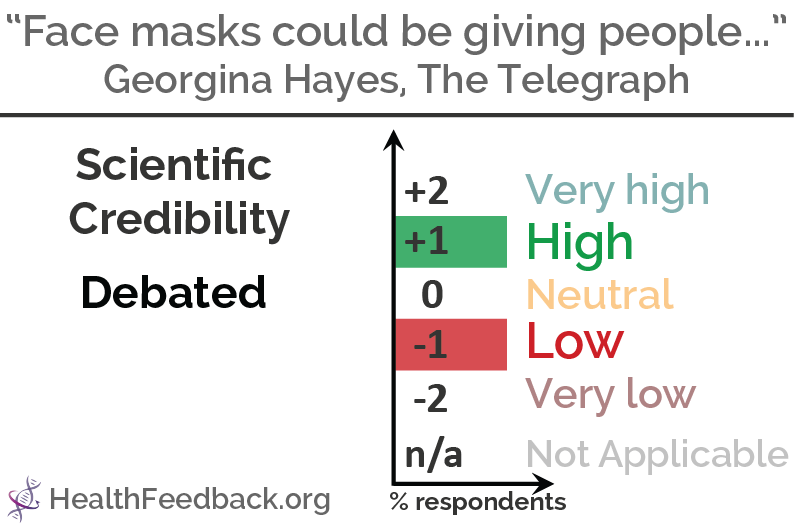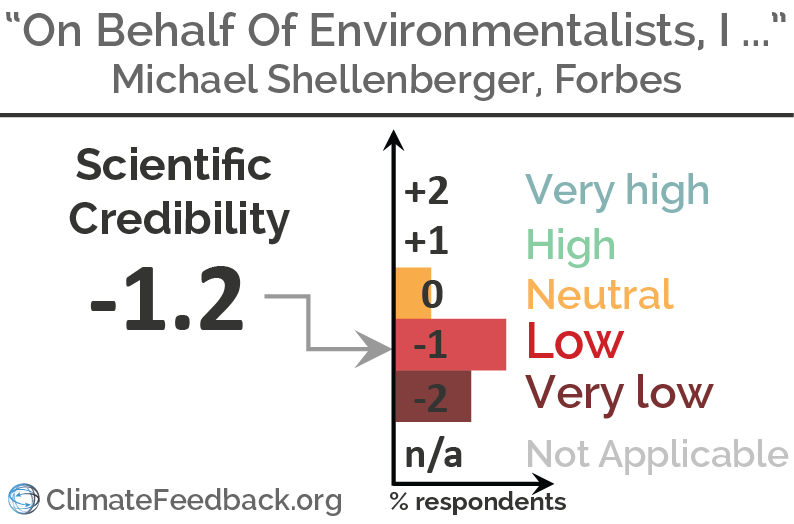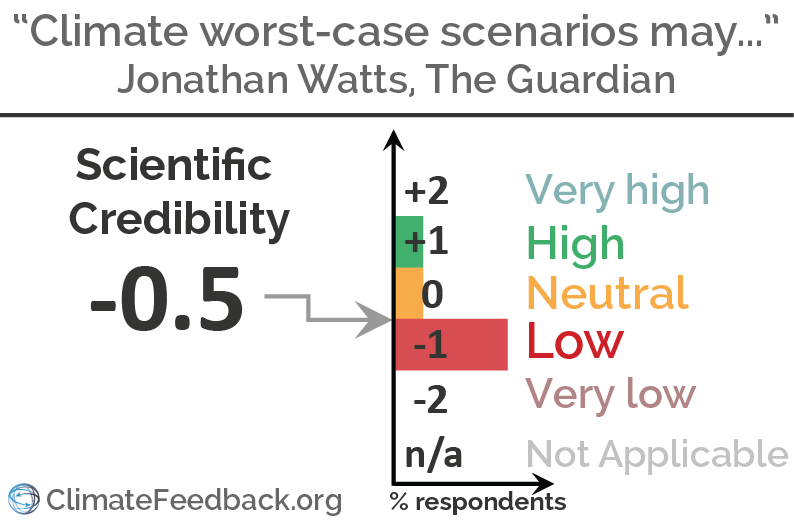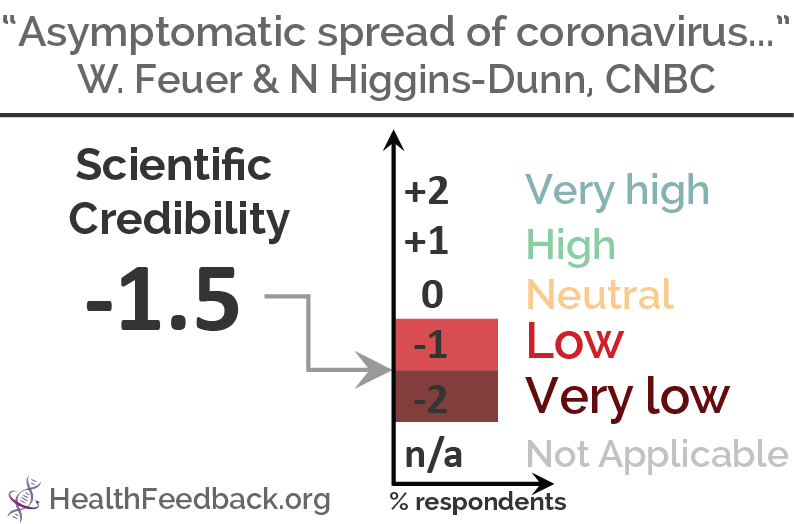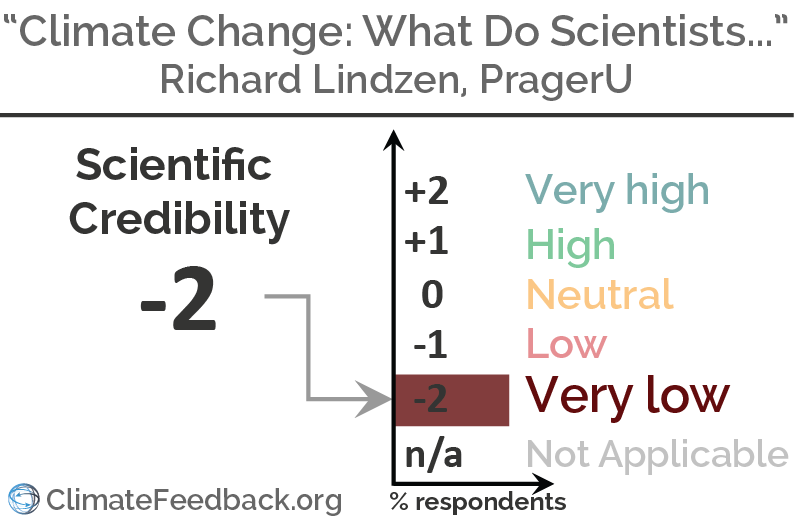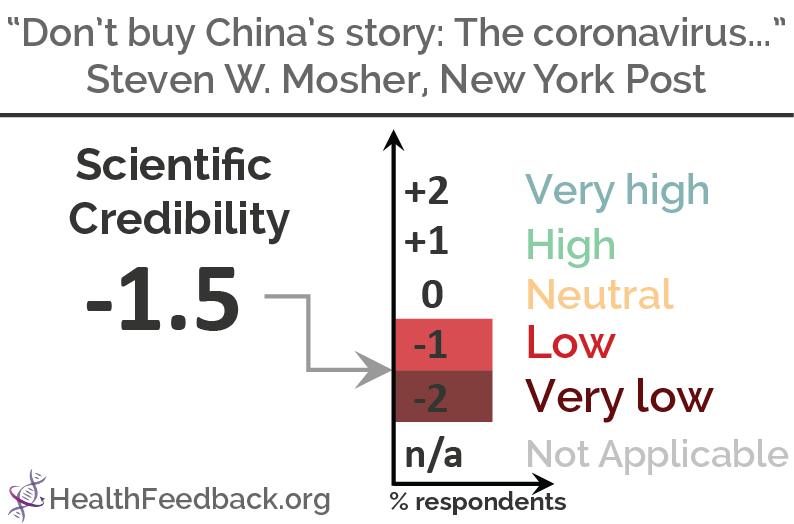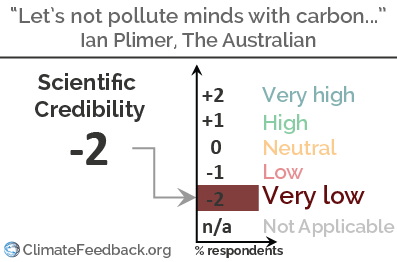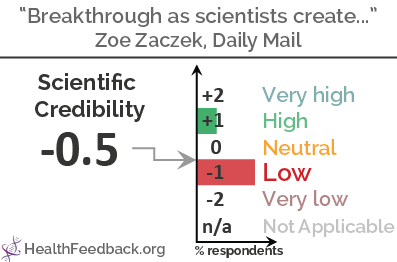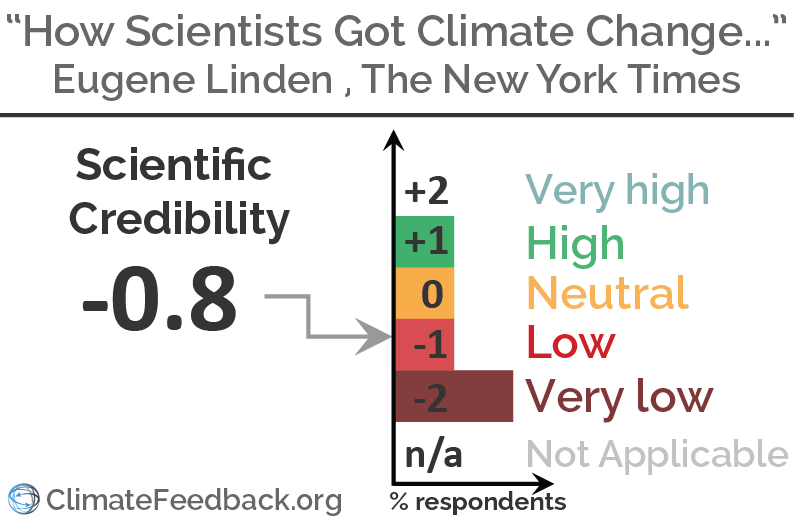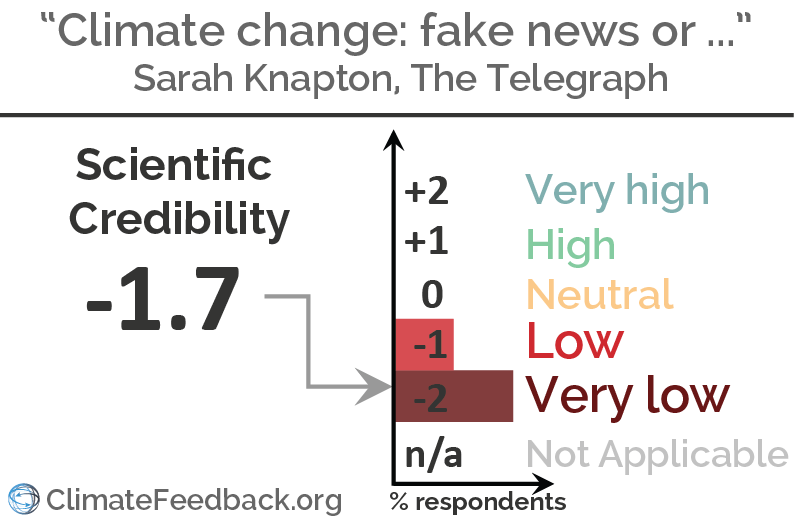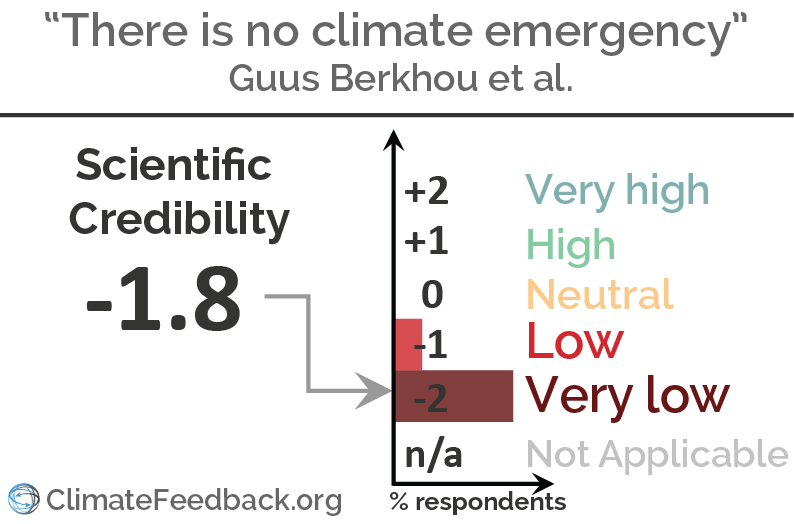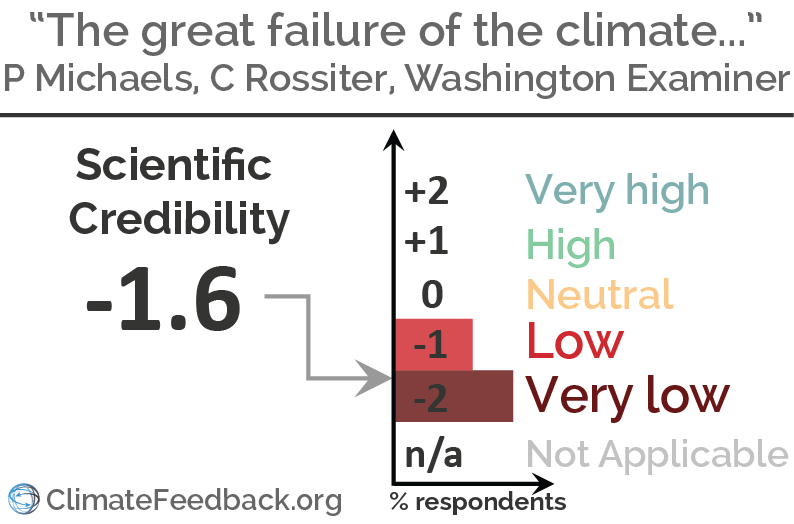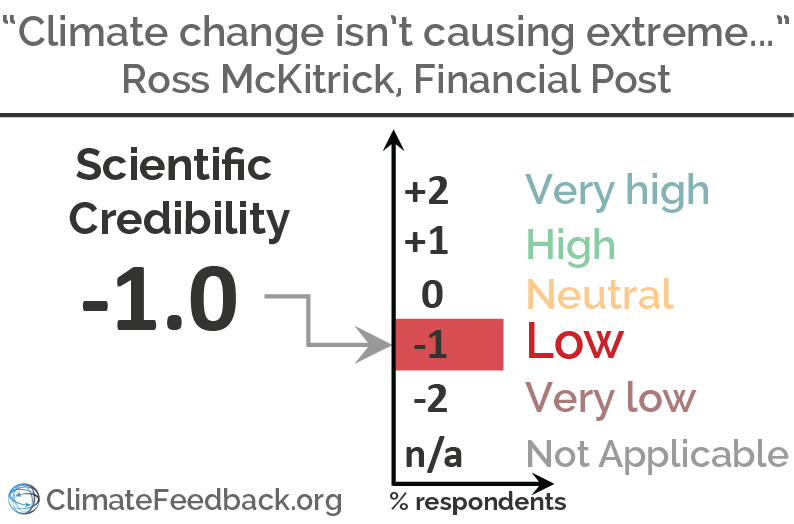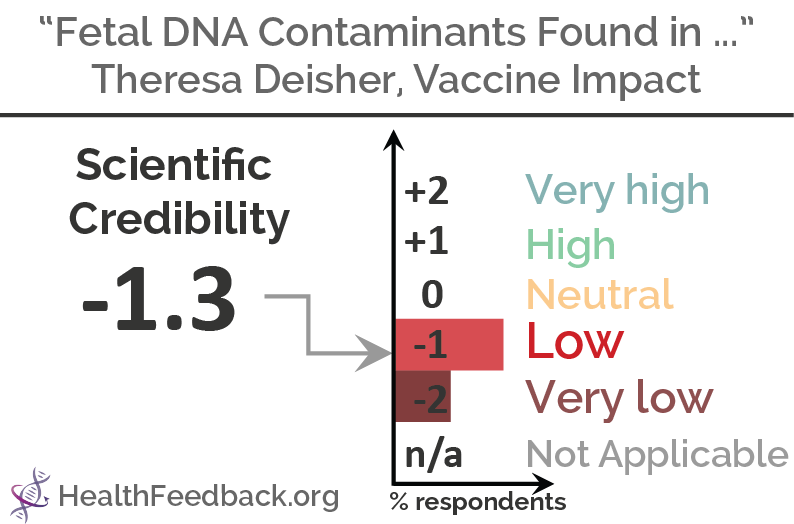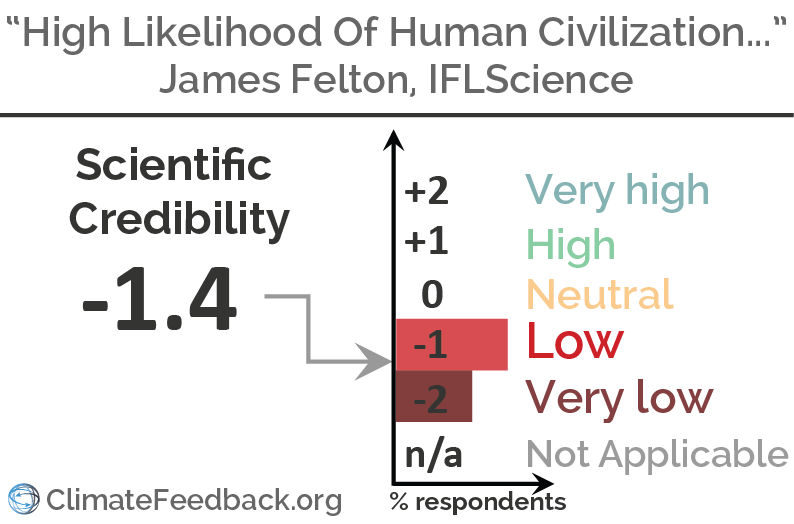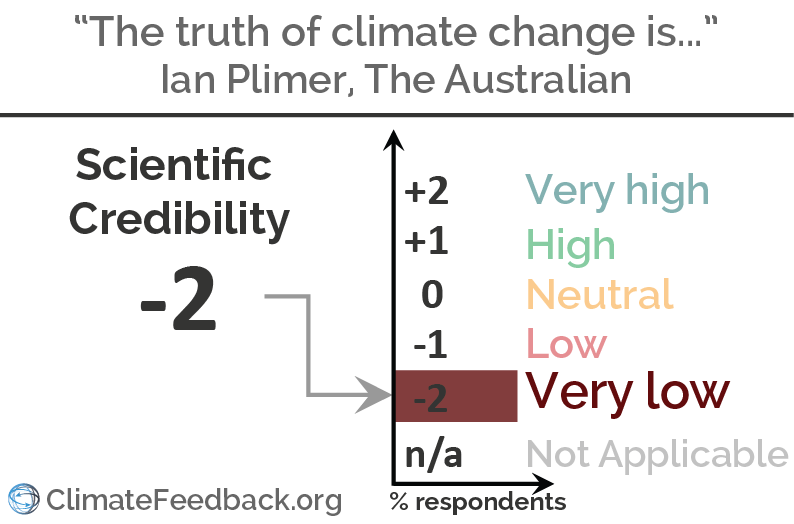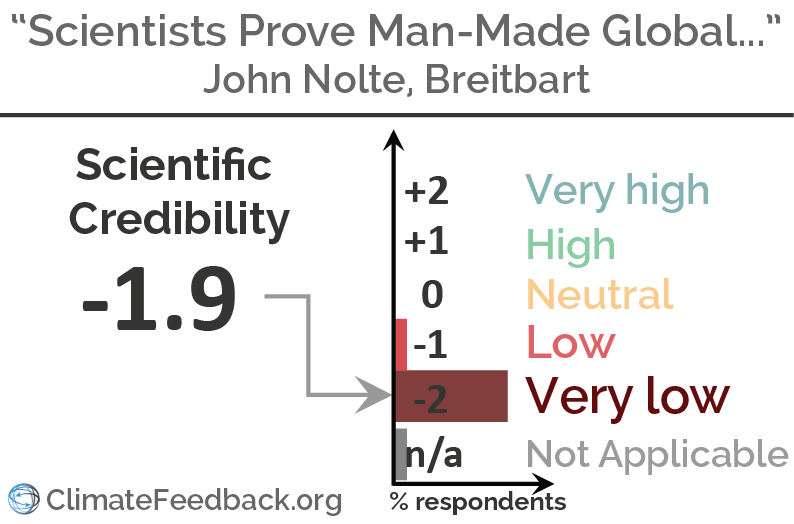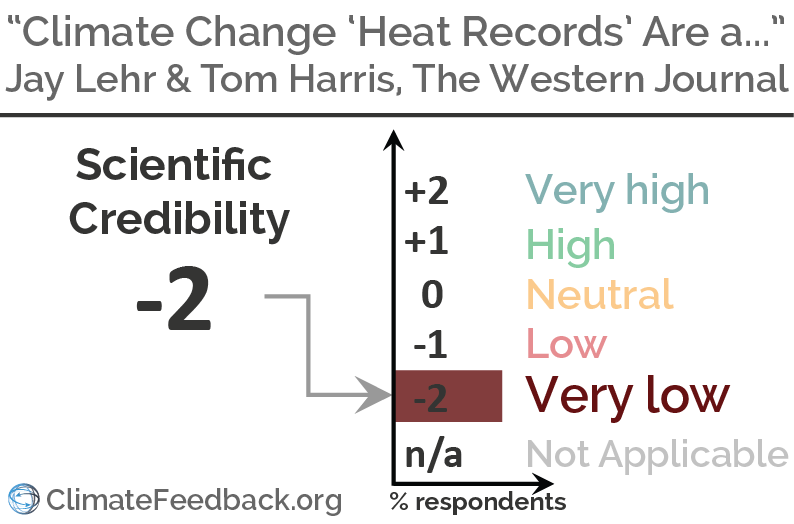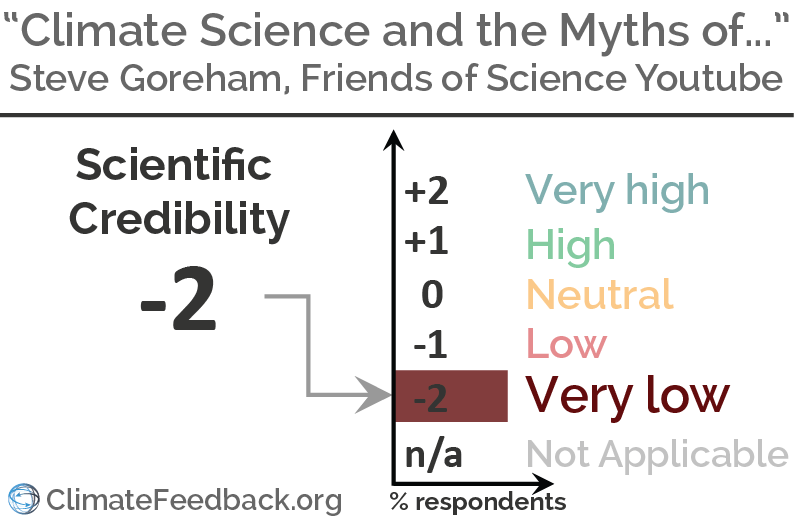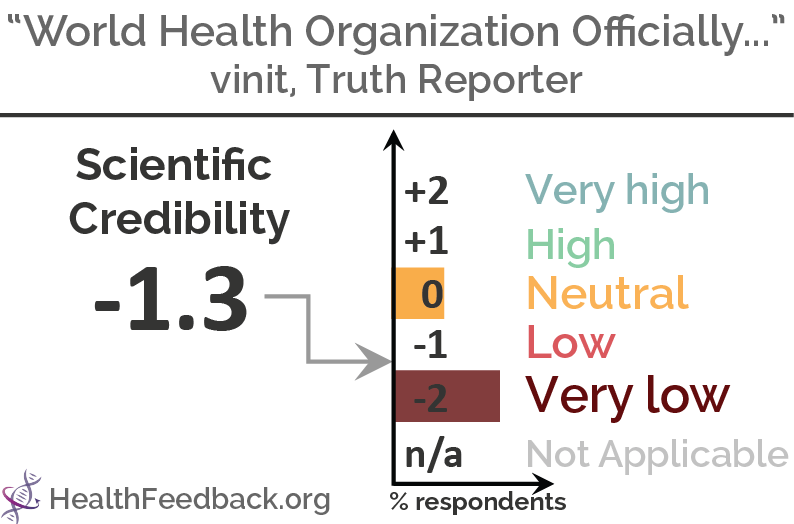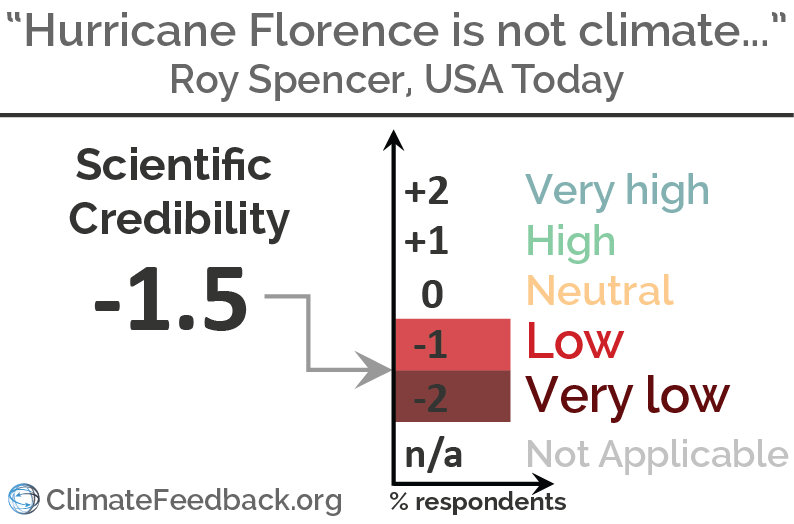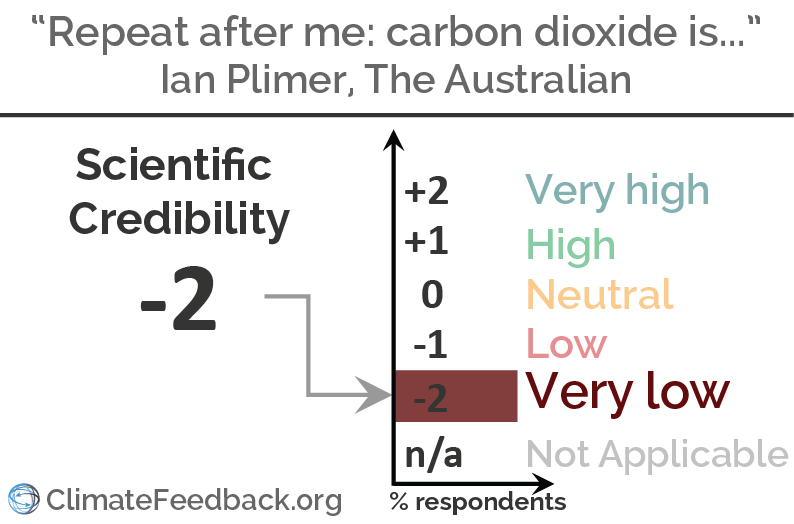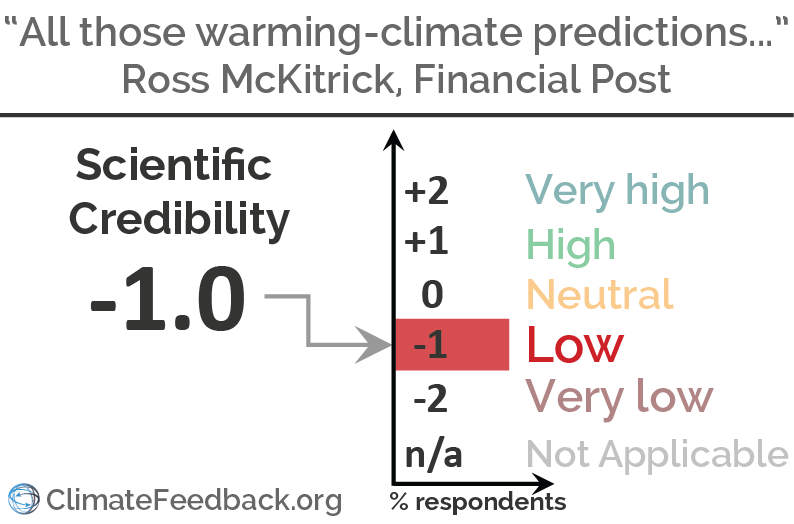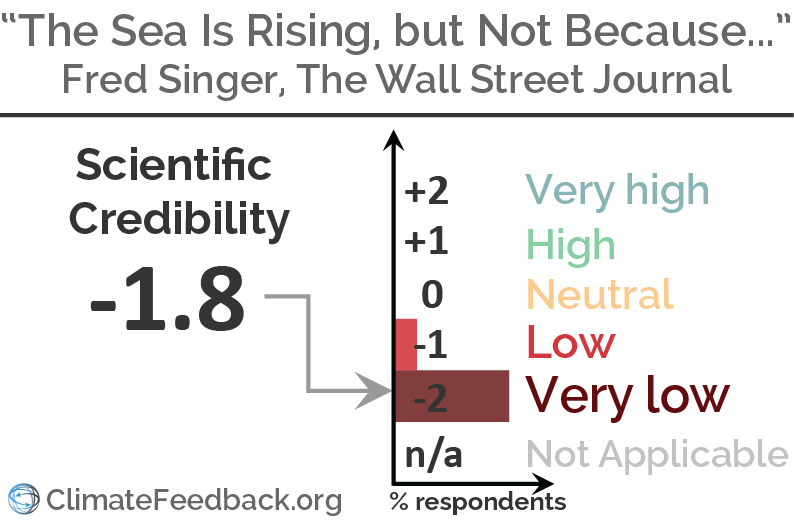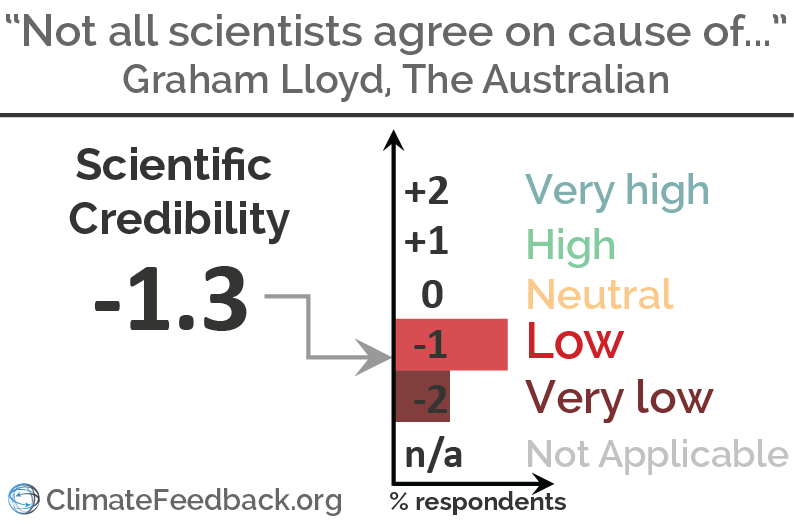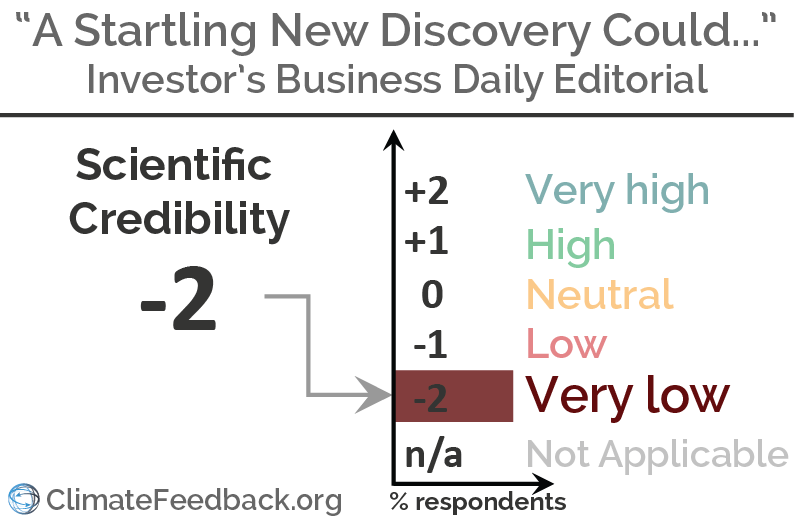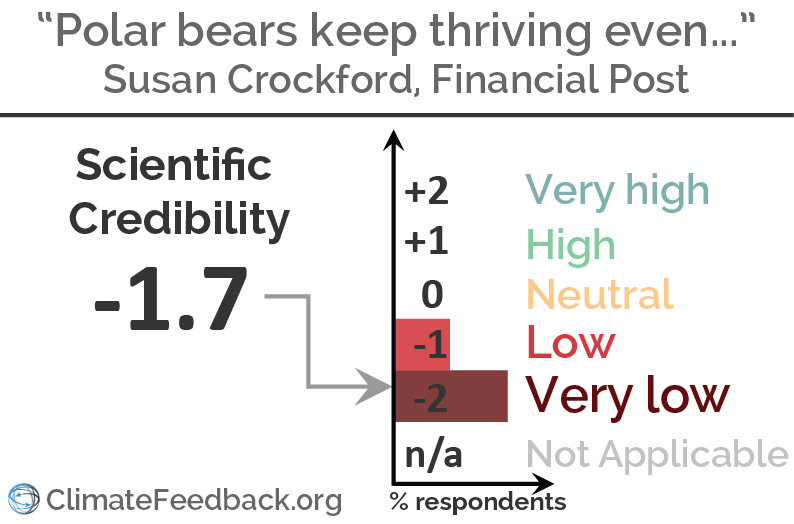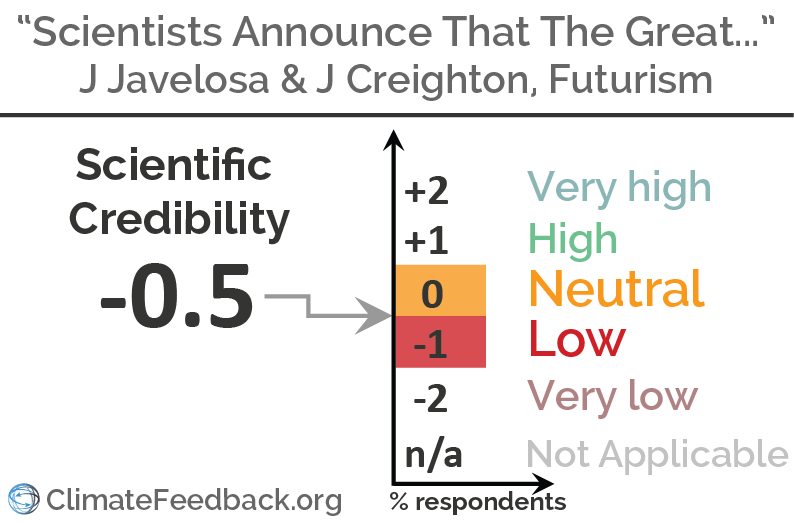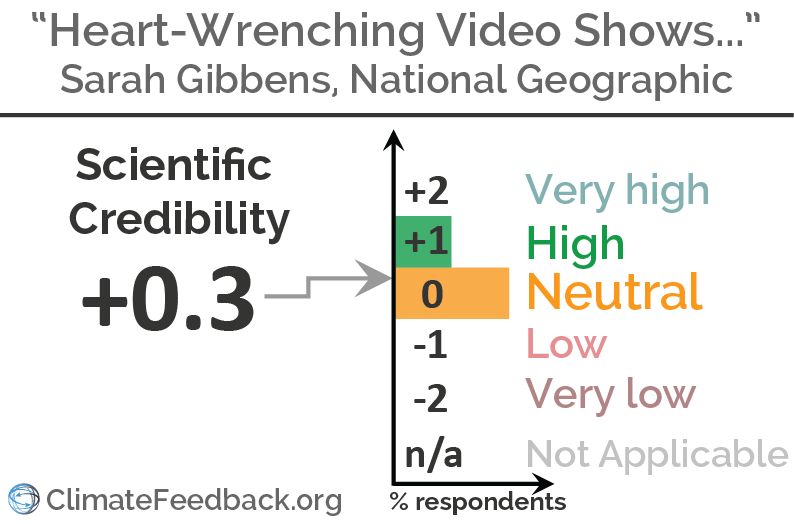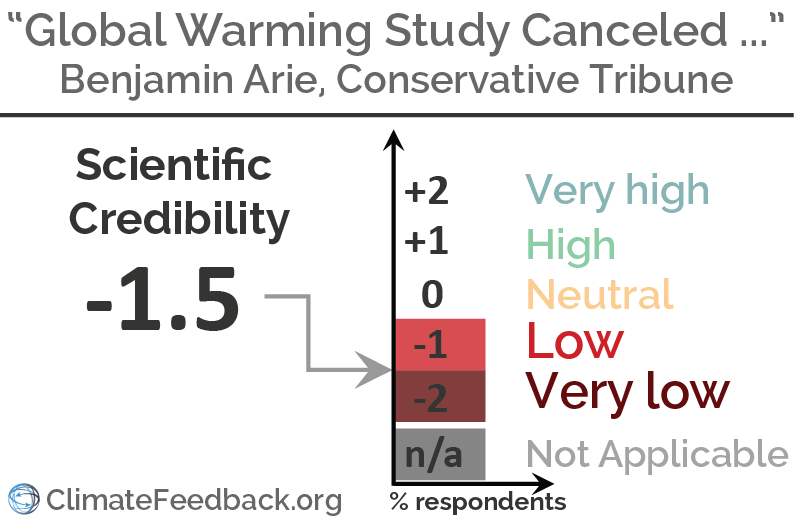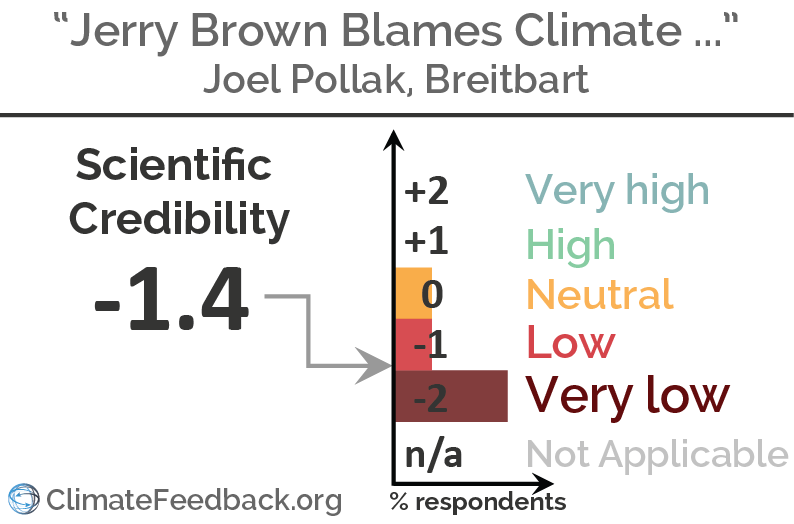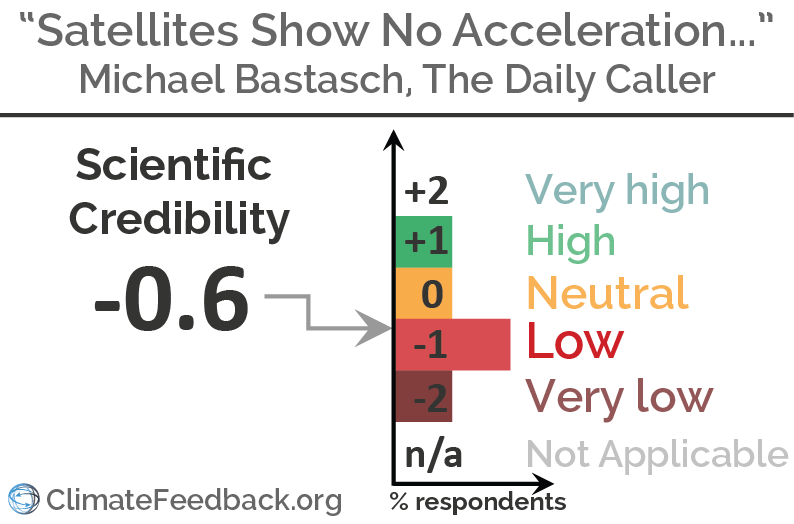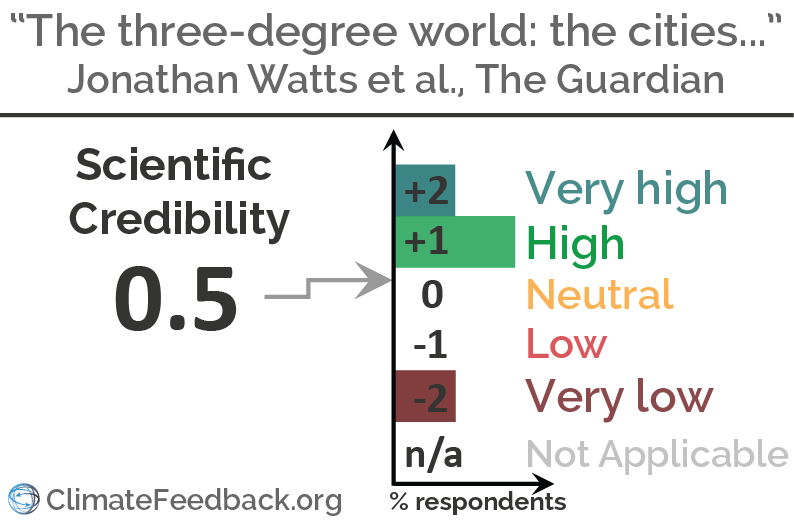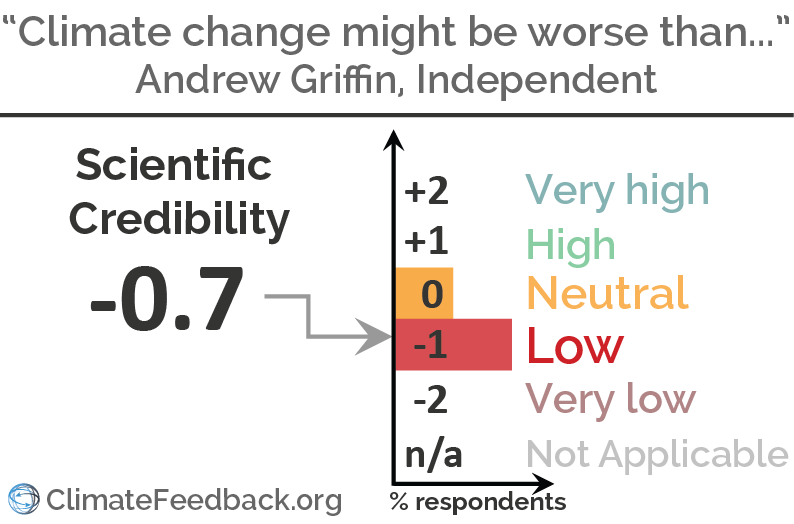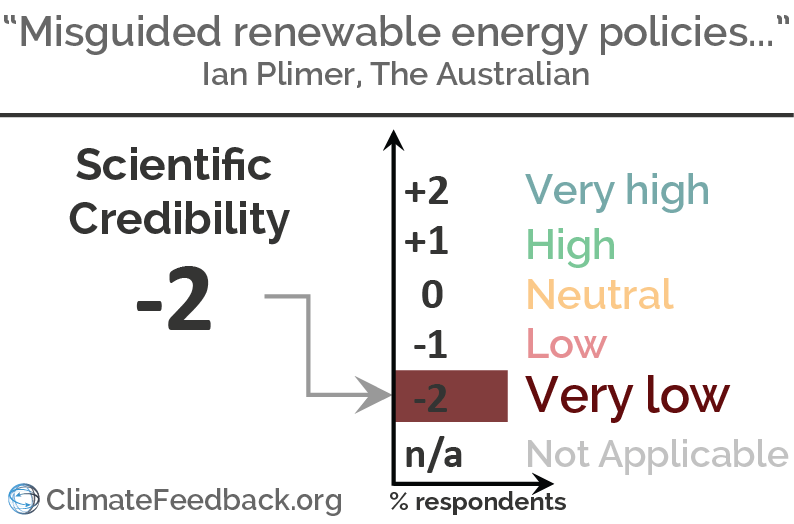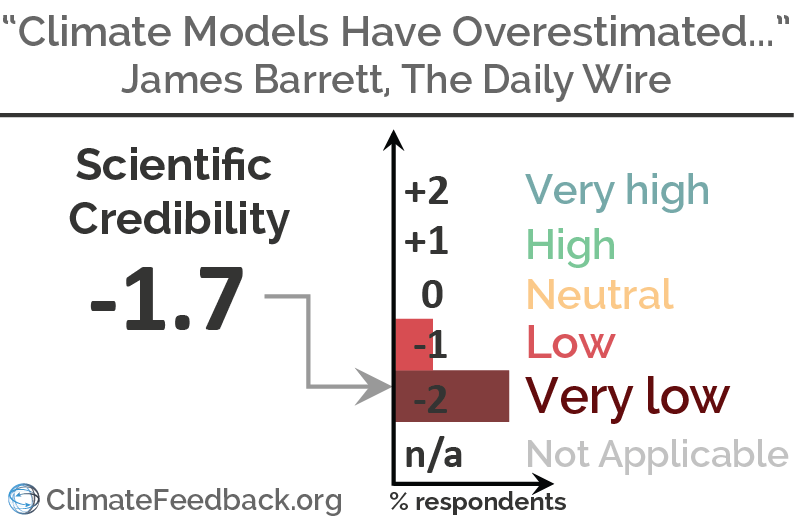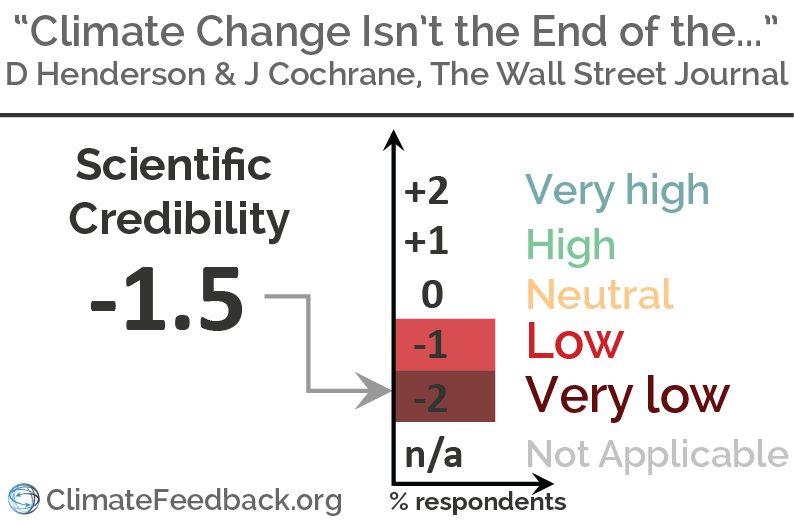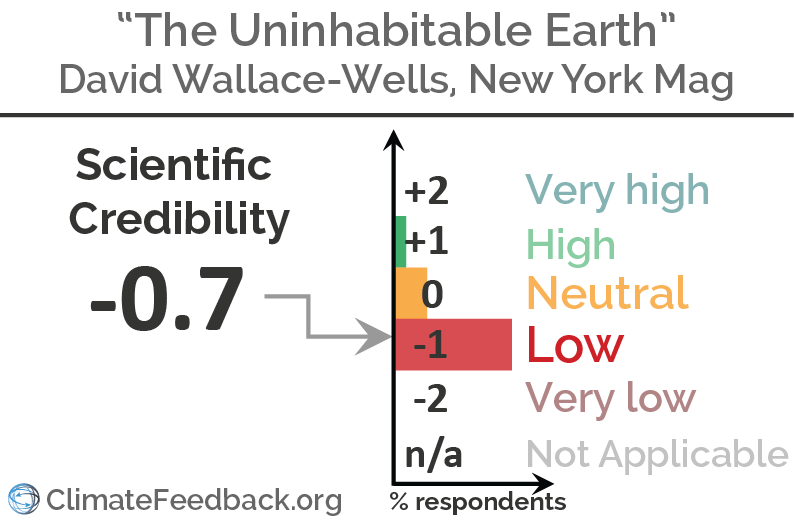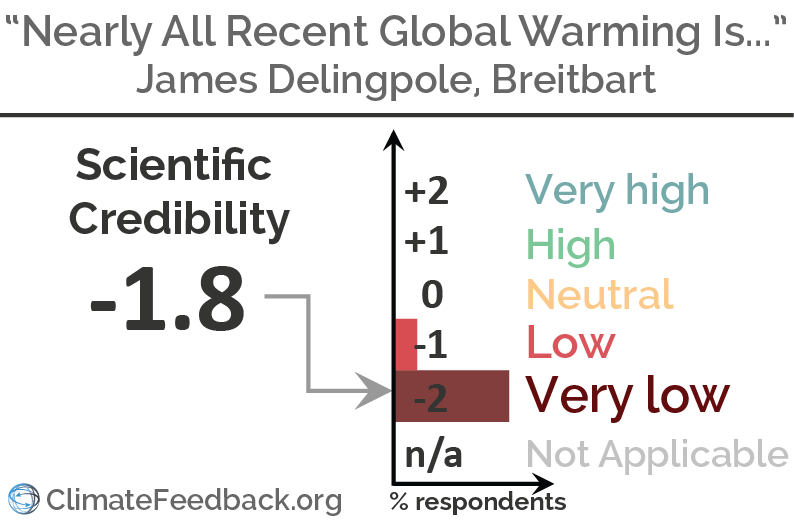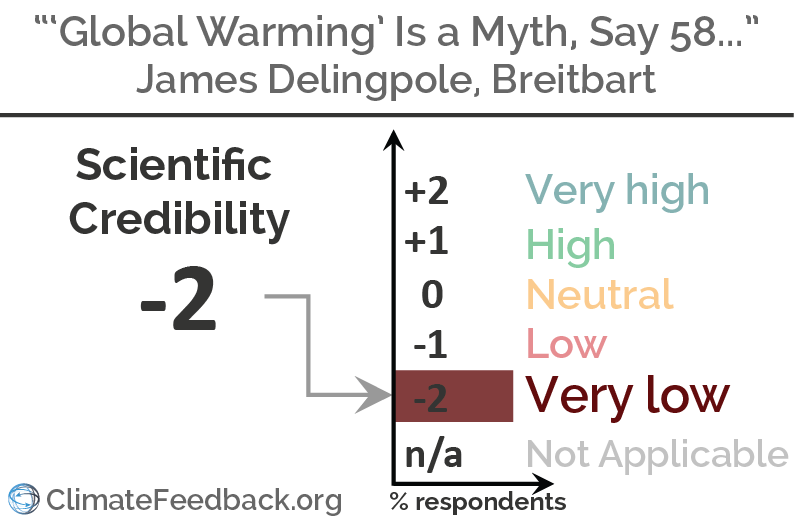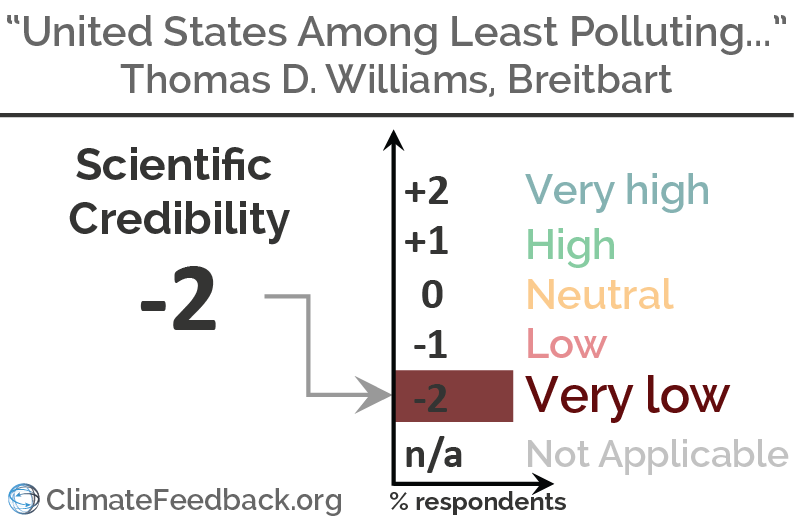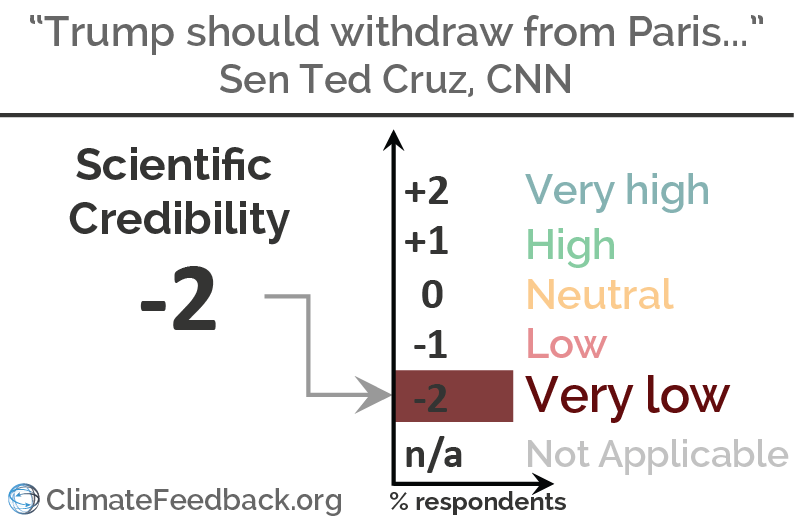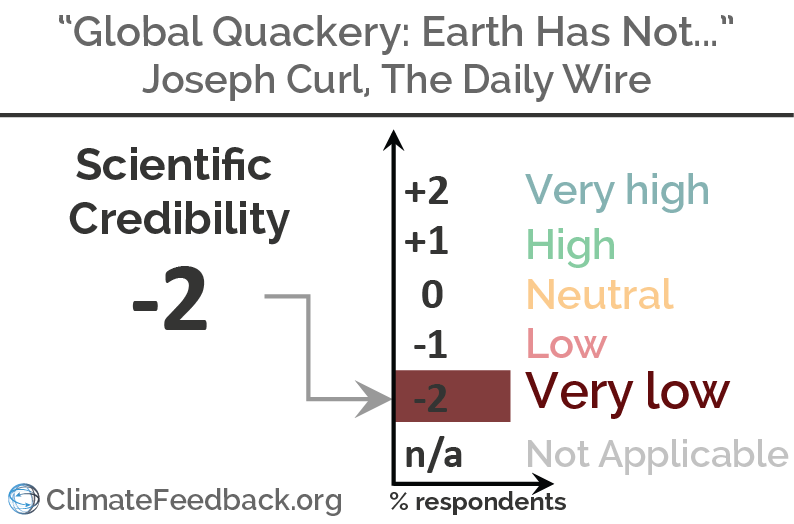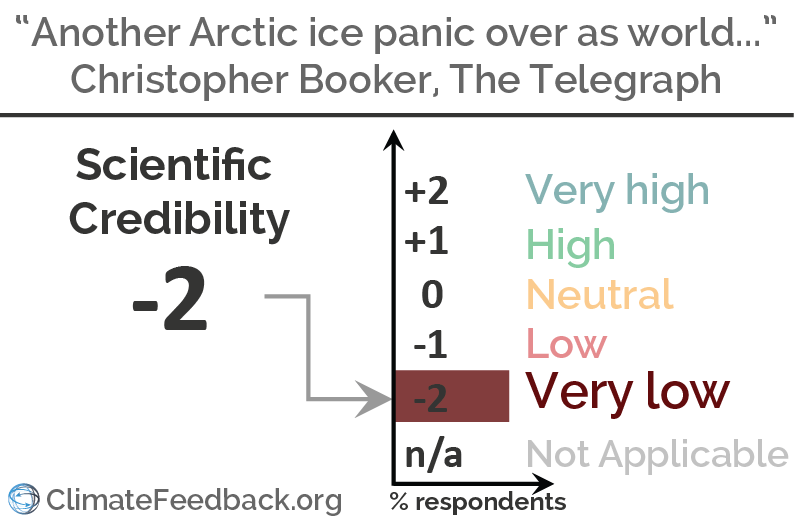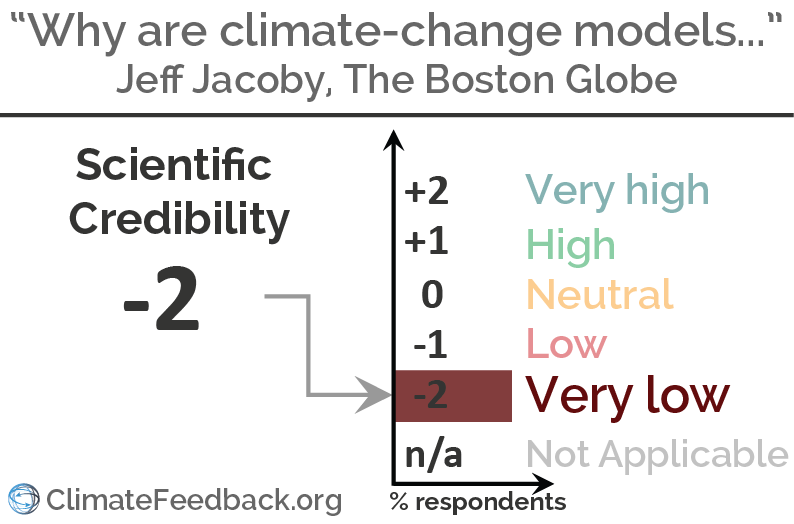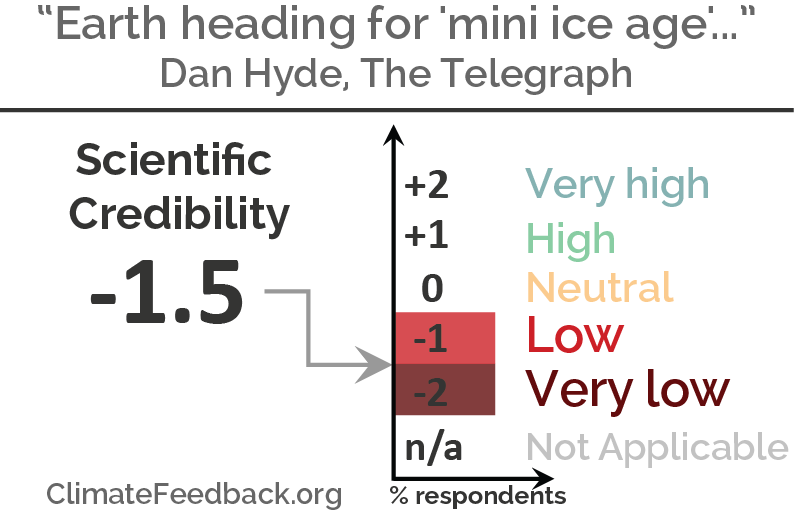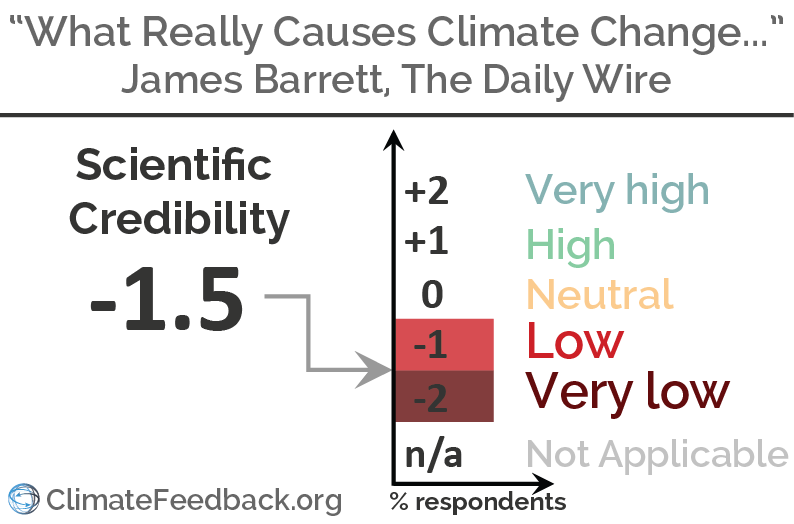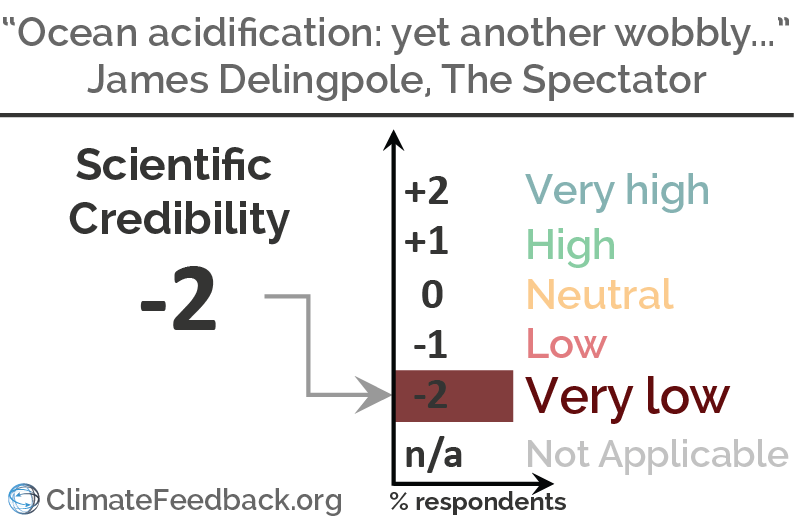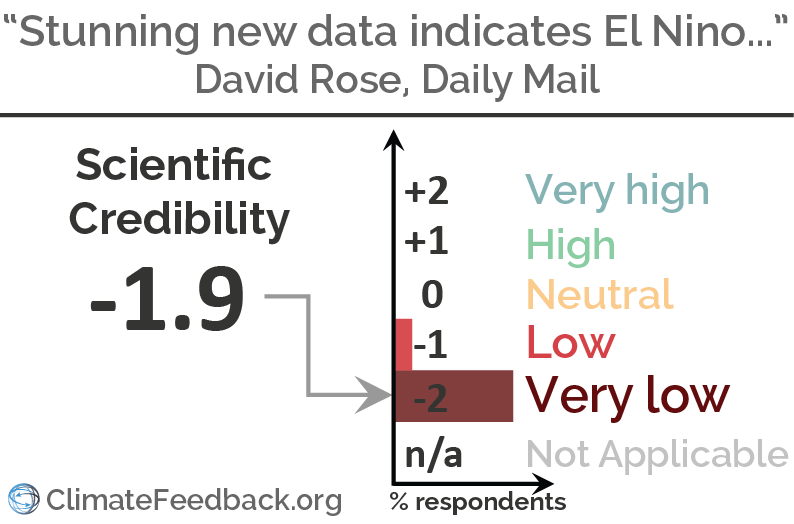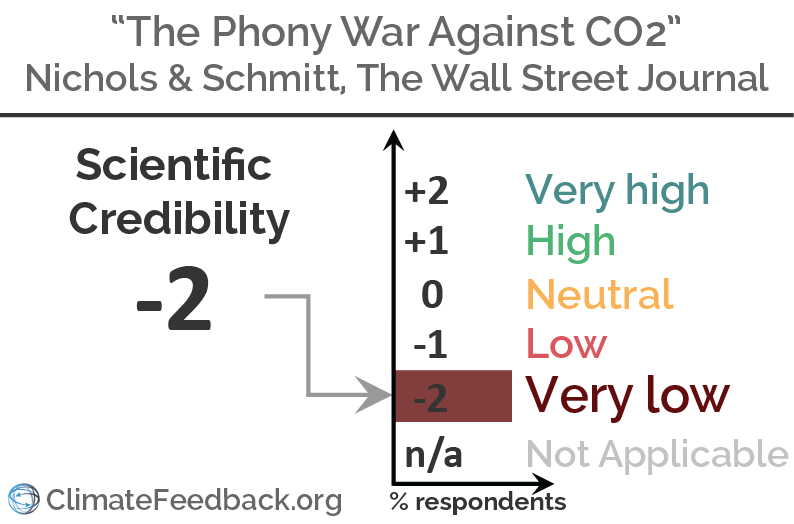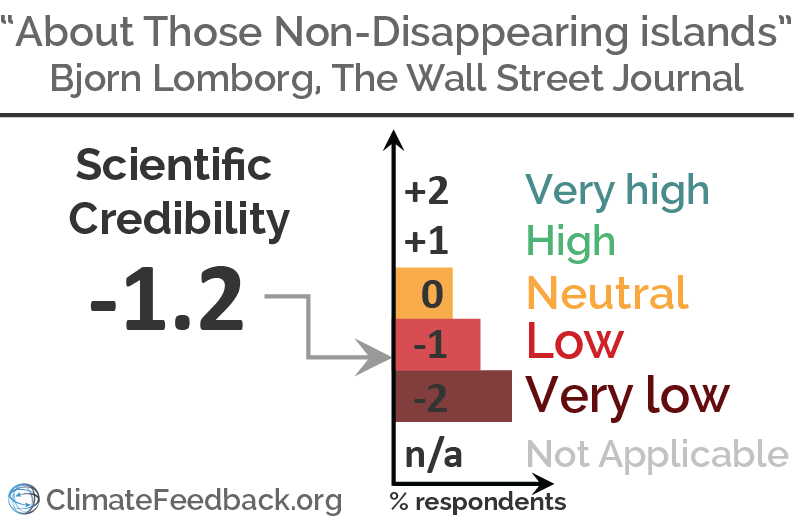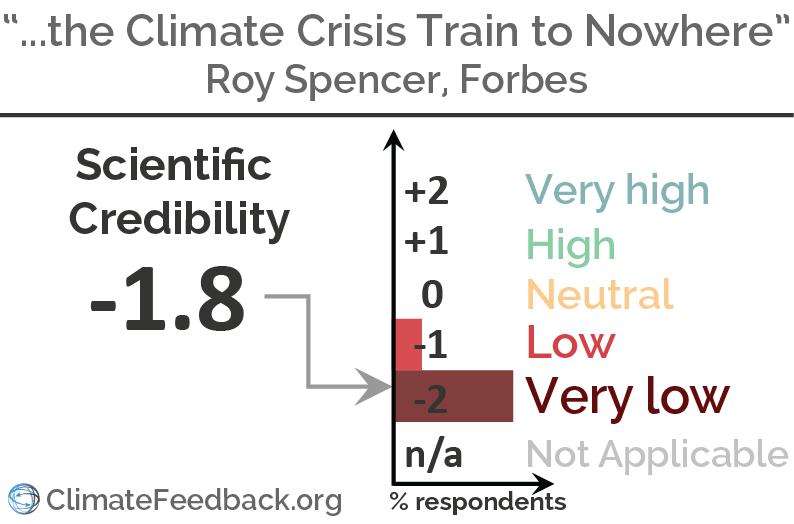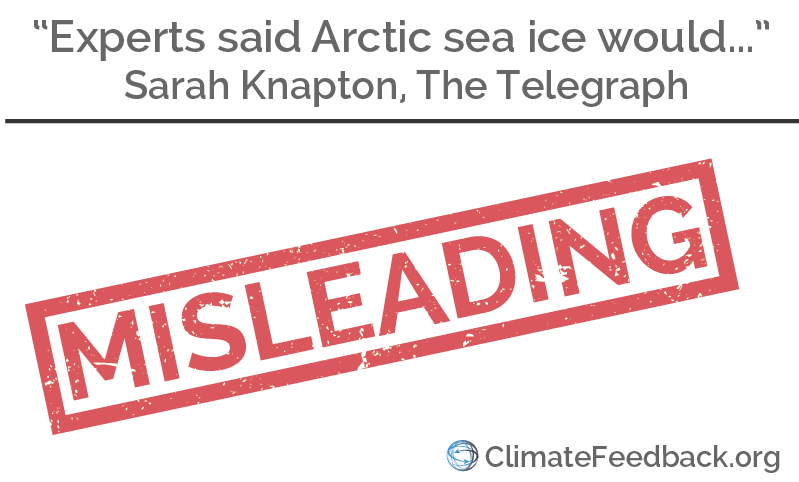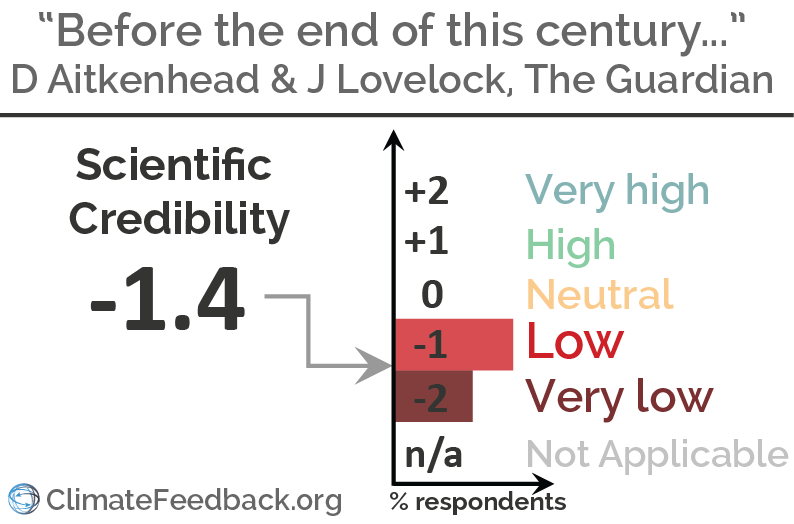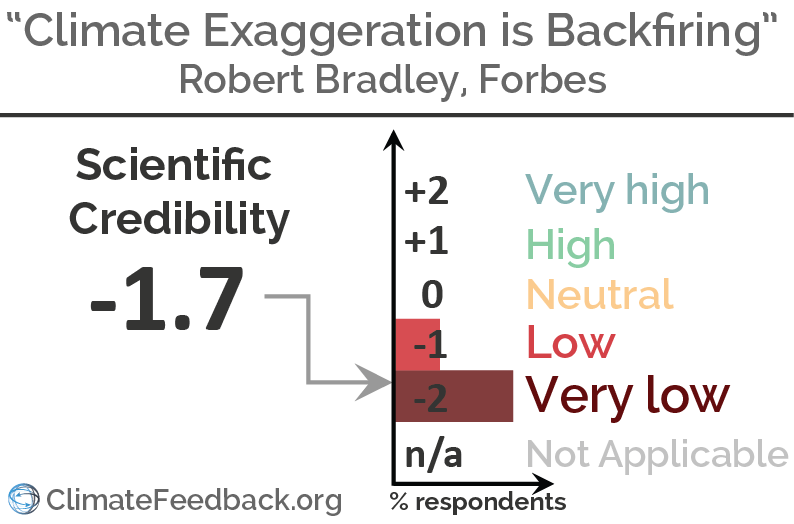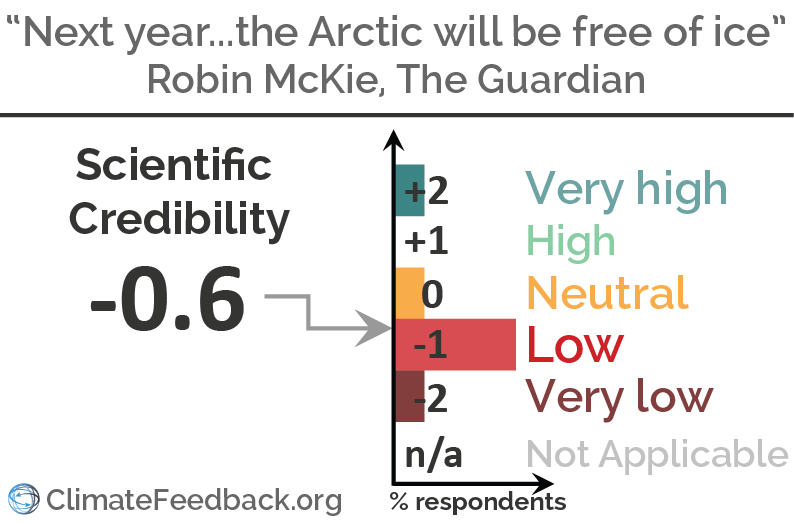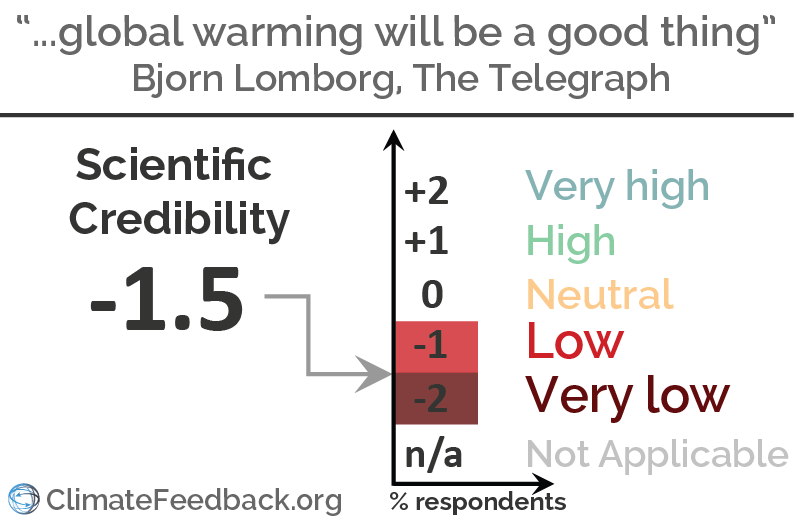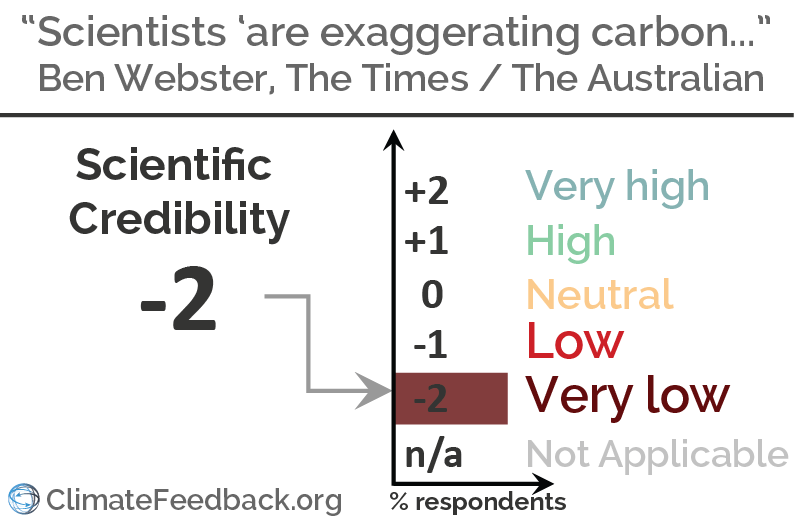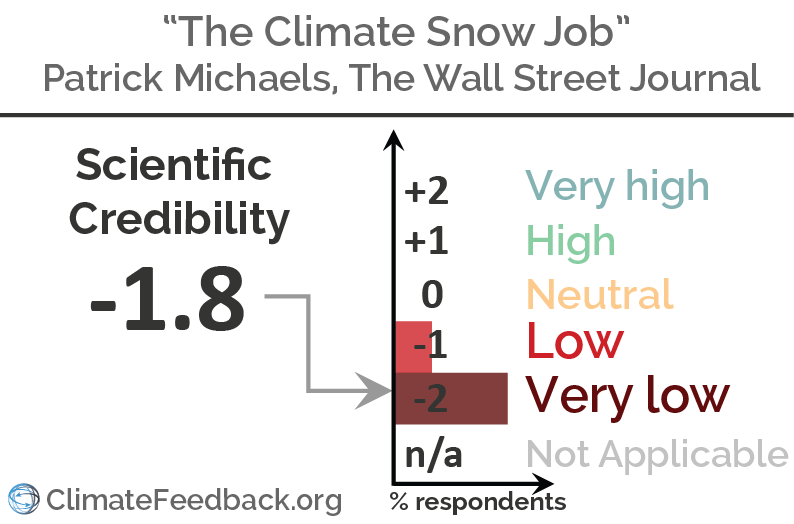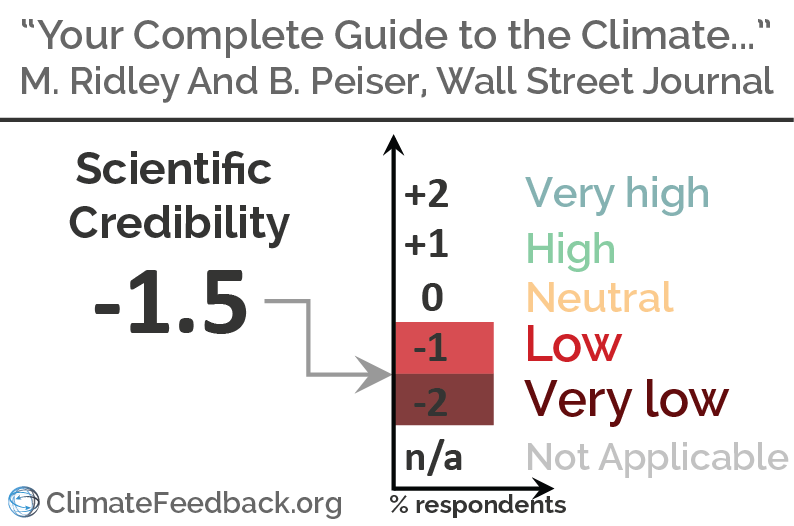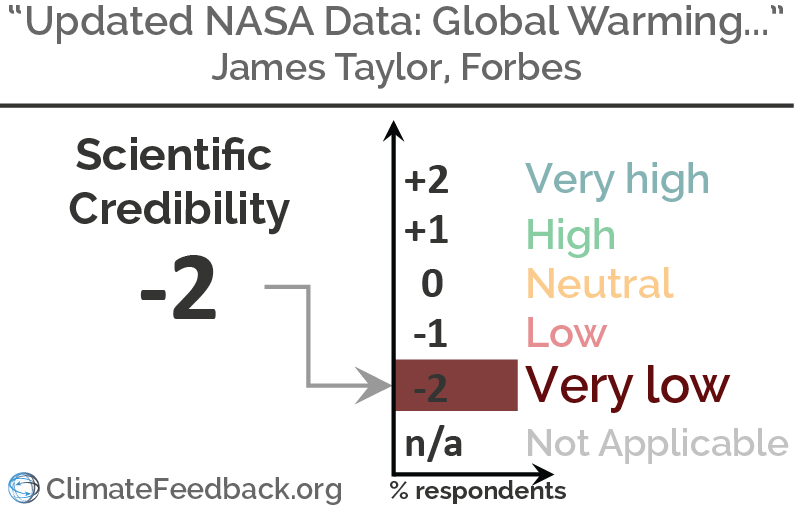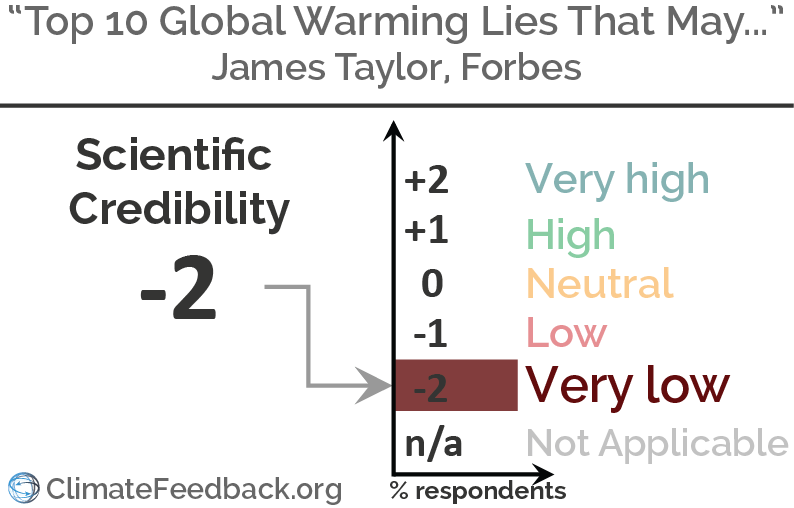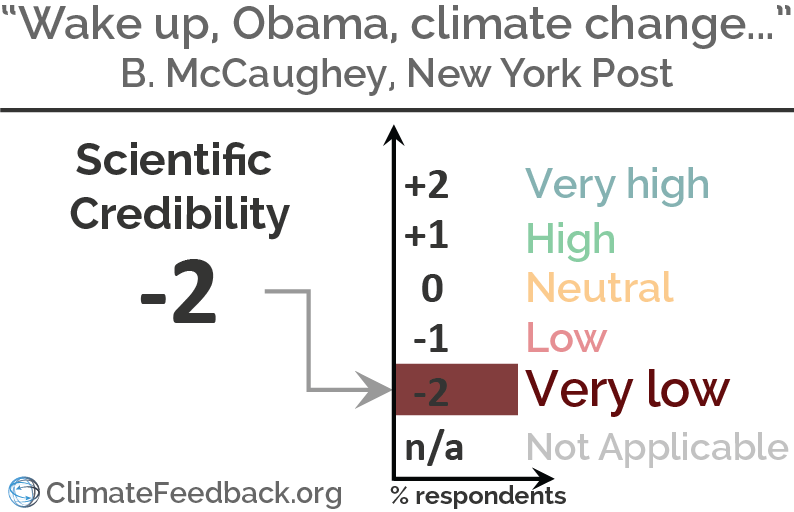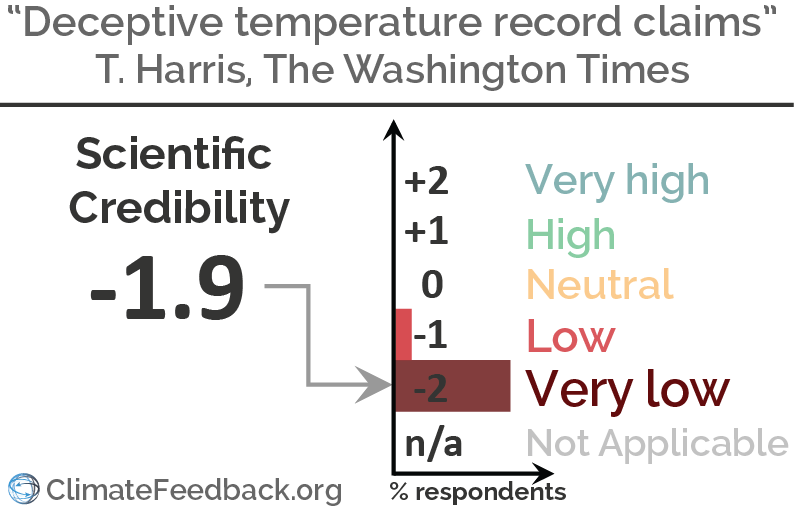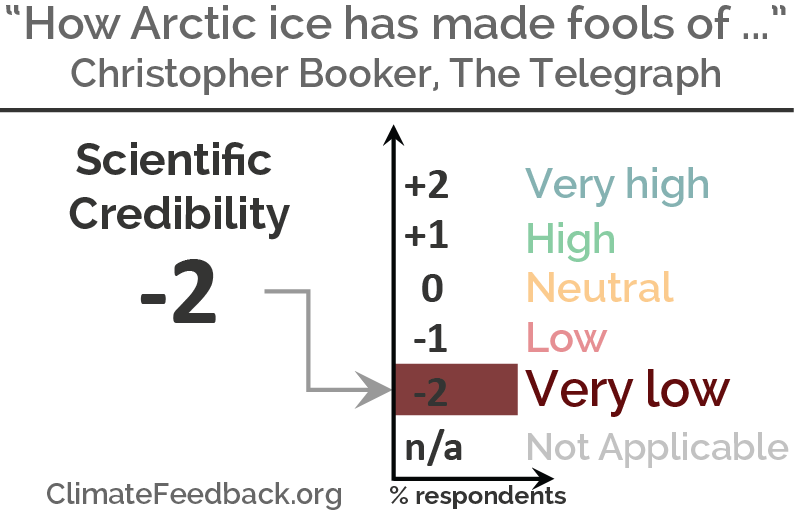This is a flawed proposition and both misleading and deceptive in relation to the subject matter, considering its prominence in a court media report of proceedings which largely centre on the propriety or otherwise of an approvals process.
Using a market analogy mischaracterises the process involved in seeking and gaining approval for a proposal based on an innovative occupational health and safety concept.
In this case, the Minister was the appropriate authority under the relevant NSW laws.
And while Mr Maitland could indeed be described as a "entrepreneur", the phrase "willing buyer" taken literally in the context of the process to which he was constrained, could contaminate the reader's perception of the process as transactional or necessitating exchange of funds a conventional buyer and seller relationship.
Based on evidence already tendered in open court, it's already known Mr Maitland sought both legal advice on the applicable process as well as guidance by officials and other representatives with whom he necessarily engaged.
But the concept of finding a "willing buyer", taken literally at it's most extreme, could suggest Mr Maitland was presented with multiple approvals processes and to ultimately reach his goal, engaged in a market force-style comparative assessment of the conditions attached to each of these processes to ultimately decide on which approvals process to pursue.
Plainly, this was not the case. Mr Maitland had sought advice on the process and proceeded accordingly.
The only exception that could exist in relation to the availability of alternative processes could be a situation silimilar to the handling of unsolicited proposals by former Premier Barry O'Farrell over casino licenses which were not constrained by any of the regular transparency-related requirements including community engagement, notification or competitive tender.
Again, this situation does not and could not apply to the process applicable to Mr Maitland's proposal.
The misleading concepts introduced from the outset in this article also represent an aggravating feature of the injustice to which Mr Maitland has been subjected.
To be found criminally culpable in a matter involving actions undertaken in an honest belief they were required in a process for which Mr Maitland both sought advice process and then at no stage was told anything that would suggest his understanding of the process was incorrect, contradicts fundamental principles of natural justice.
